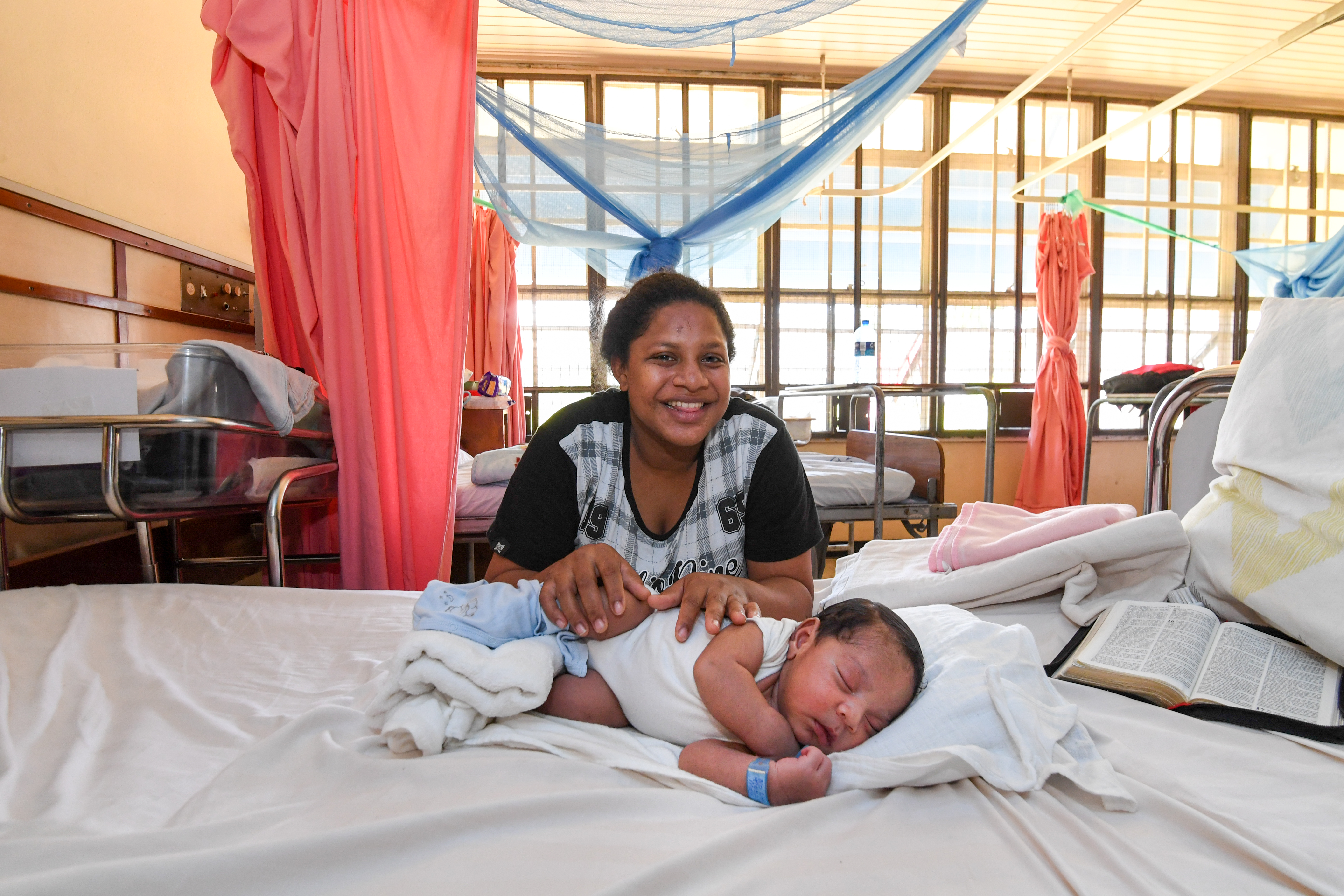
Suva, Fiji, May30, 2023—Working parents in Fiji can now expect to get access to good-quality childcare options, after the Fijian cabinet approved a childcare guidance notethat willhelp design the country’s first early childhood care services policy.
The policy will help establishbasic minimum standards for early childcare services, a licensing and inspection system for service providers,and a central regulatory authority for oversight.
Fijian families ofteneither don’thave access to childcare options or don’ttrust the quality of services.Many childcare providers can’tenter the market as they lack accreditation.
The guidance note builds on a 2019 IFC study, Tackling Childcare: The Business Case for Employer Supported Childcare in Fiji, which suggests that 43 percent of the workforce in the country has preschool-aged children but only eightpercent used childcare services. Most working parents relied on family members or unqualified babysitters to care for their children.
In partnership with the Australian and New Zealand governments, IFC supported the Fiji government to designthe guidance note for the early childhood services policy framework, which aims to foster better outcomes for children, support for working parents and improve women’s employment.
“Our children are precious, and we want to give them the best start in life,” said Minister for Women, Children and Poverty Alleviation, Lynda Tabuya. “Our early childhood care services policy is also about empowering families, and particularly women, by enabling them to work.Endorsement of thisguidance note will helpensure our childcare policy is in line with global best practices while supporting working families.”
Lack of access to childcare prevents women from reaching their full potential—only 37 percent of Fijian women are economically active compared with 72 percent of men. On average, lost staff time due to childcare responsibilities cost employers as much as FJ$550,000 a year or FJ$1,000 per employee.
“Our research has demonstrated childcare responsibilities impact parents’ ability to perform at work. This pressure has only come more into focus amid the COVID-19 pandemic,”saidJudith Green, IFC Country Manager for Australia, New Zealand, Papua New Guinea and the Pacific Islands.“Supportive policy and regulations can play a critical role in creating a market for quality childcare services aligned with the requirements of working parents, and which can also unleash the economic potential of women.”
IFC is pleased to see companies already mobilizing to explore options forchildcare support for working parents, with Fiji firms such as Vinod Patel, Packleader Pacific and Fiji Airways leading the way.
About Fiji PartnershipIFC’s work in Fiji has been supported by the governments of Australia and New Zealand under the Fiji Partnership, which aims to improve the competitiveness of the private sector and stimulate inclusive and climate-smart private investment in Fiji.
About IFC
IFC — a member of the World Bank Group — is the largest global development institution focused on the private sector in emerging markets. We work in more than 100 countries, using our capital, expertise, and influence to create markets and opportunities in developing countries. In fiscal year 2022, IFC committed a record $32.8 billion to private companies and financial institutions in developing countries, leveraging the power of the private sector to end extreme poverty and boost shared prosperity as economies grapple with the impacts of global compounding crises. For more information, visit www.ifc.org.
Stay Connectedwww.ifc.org/eastasiawww.twitter.com/IFC_EAPwww.youtube.com/IFCvideocastswww.ifc.org/SocialMediaIndexwww.instagram.com\ifc_orgwww.facebook.com/IFCeapwww.facebook.com/IFCwbg
Contacts
Stay Informed
Sign up to have customizable news & updates sent to you.